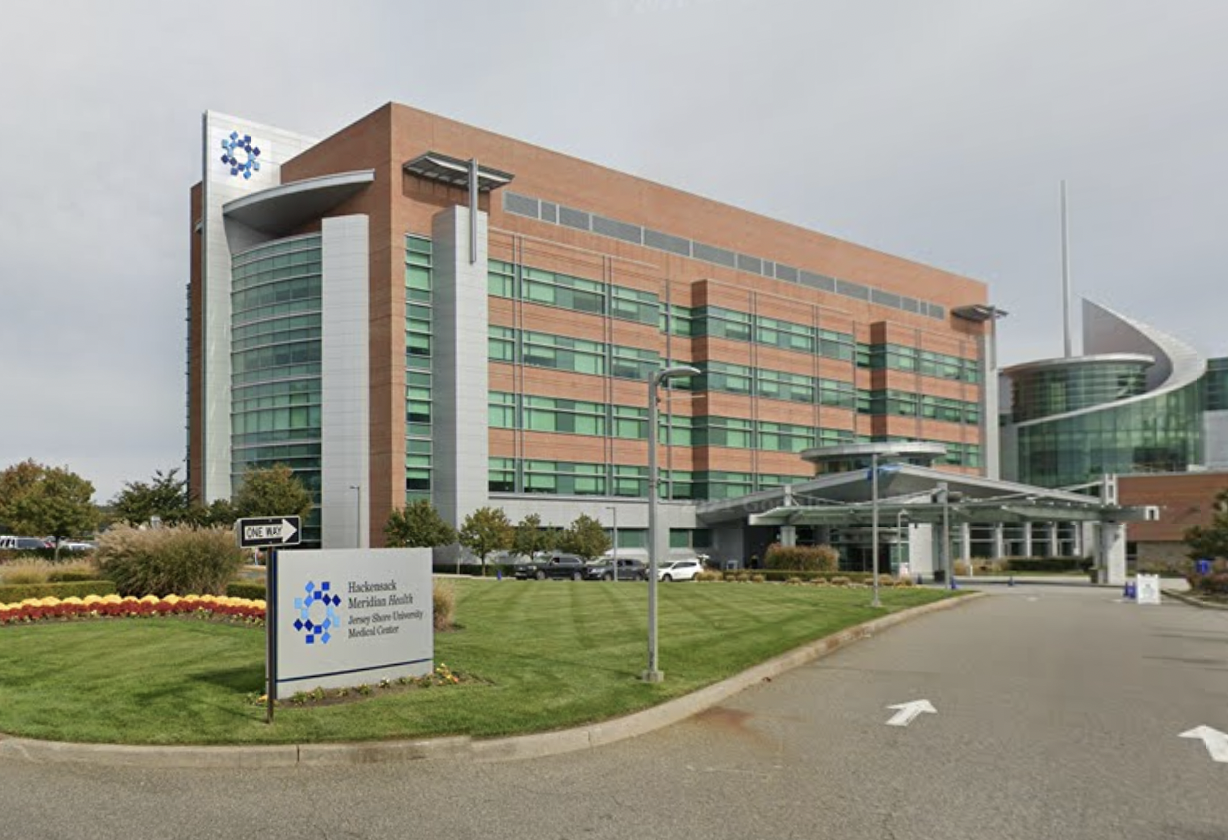Jersey Shore University Medical Center - Children's Partial Hospitalization

Overview
Jersey Shore University Medical Center - Children's Partial Hospitalization is a mental health treatment center for people seeking treatment near Monmouth County. As part of their treatment modalities for recovery, Jersey Shore University Medical Center - Children's Partial Hospitalization provides individual psychotherapy, group counseling, and family counseling during treatment. Jersey Shore University Medical Center - Children's Partial Hospitalization is located in Neptune, New Jersey, accepting cash or self-payment for treatment.
Jersey Shore University Medical Center - Children's Partial Hospitalization at a Glance
Payment Options
- Cash or self-payment
- Medicaid
- Private health insurance
- Blue Cross and Blue Shield Association
Assessments
- Comprehensive mental health assessment
Age Groups
- Children/adolescents
Operation
- Private for-profit organization
Treatment At Jersey Shore University Medical Center - Children's Partial Hospitalization

Conditions Treated
Mental health treatment:
Mental health treatment involves a range of therapeutic approaches, provided by licensed professionals, to address mental health challenges. It includes psychotherapy, medication, and holistic practices to help individuals manage conditions, improve coping skills, and enhance overall well-being. The goal is to empower individuals to lead fulfilling lives and reduce the stigma surrounding mental health.

Levels Of Care
Partial Hospitalization Program:
A Partial Hospitalization Program (PHP) is a structured short-term intensive rehabilitation service primarily aimed at individuals with acute symptoms that are challenging to manage but do not necessitate round-the-clock care. PHPs typically run 3-5 days a week for about 6 hours each day, from 1 to 6 months, offering structured activities such as individual and/or group therapy. While some PHPs offer residential facilities allowing patients to stay overnight, others operate on a non-residential basis, enabling patients to return home each evening.

Treatment Modalities
Individual psychotherapy:
In individual therapy, a person engages in a one-on-one session with a qualified therapist or counselor. This therapeutic approach is crucial in successful substance abuse treatment because it delves into the underlying causes of addiction, addressing issues the individual may encounter in their familial, social, and professional or academic environments.
Group counseling:
Group counseling provides a supportive environment where individuals share personal experiences and insights, under the guidance of a professional counselor. It facilitates self-awareness, fosters interpersonal learning, and helps members work through personal and relational challenges. Through shared dialogue and reflection, individuals learn coping strategies, gain emotional support, and experience personal growth within a communal setting.
Family counseling:
Family Counseling is a therapeutic service that addresses and resolves conflicts, improves communication, and fosters better relationships within a family unit. Through guided discussions, a trained counselor helps family members gain insight into their dynamics, learn coping strategies, and work towards creating a harmonious living environment. Family Counseling can be a significant step towards improving the overall emotional health and interactions among family members, helping them navigate challenges together in a supportive and constructive manner.
Recreational Therapy:
Recreational Therapy in the realm of behavioral health involves using leisure and recreational activities to address and improve individuals’ psychological, emotional, and physical well-being. The tailored activities, which may include arts and crafts, sports, games, dance and movement, drama, music, and community outings, help individuals reduce stress, improve mood, enhance social skills, and cultivate a positive sense of self. Through participation and engagement, Recreational Therapy supports individuals in overcoming behavioral health challenges, thus contributing to their overall quality of life and assisting them in reintegrating into their communities or leading more fulfilling lives.
Ancillary Services
Special Programs
- Children/adolescents with serious emotional disturbance (SED)
- Persons 18 and older with serious mental illness (SMI)

Additional Locations
Contact Information
DISCLAIMER: The facility name, logo and brand are the property and registered trademarks of Jersey Shore University Medical Center - Children's Partial Hospitalization, and are being used for identification and informational purposes only. Use of these names, logos and brands shall not imply endorsement. BetterAddictionCare.com is not affiliated with or sponsored by Jersey Shore University Medical Center - Children's Partial Hospitalization.


